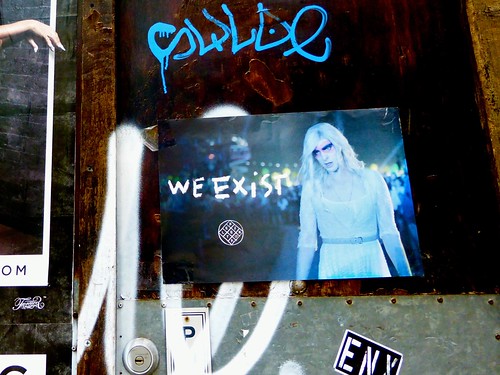A topic this morning at Meadhouse is the insincere use of "Jesus" in pop songs circa 1970.
1.
"Jesus Is Just Alright."
The song's title makes use of the American slang term "all-right," which during the 1960s was used to describe something that was considered 'cool' or very good. The song has been covered by a number of bands and artists over the years, including The Byrds, Underground Sunshine, The Doobie Brothers, Alexis Korner, The Ventures, DC Talk, Shelagh McDonald, and Robert Randolph (featuring Eric Clapton).
2.
"Spirit in the Sky."
[Norman] Greenbaum... was inspired to write the song after watching Porter Wagoner on TV singing a gospel song. Greenbaum later said : "I thought, 'Yeah, I could do that,' knowing nothing about gospel music, so I sat down and wrote my own gospel song. It came easy. I wrote the words in 15 minutes." "Spirit in the Sky" contains lyrics about the afterlife, making several references to Jesus, although Greenbaum himself is Jewish.
3.
"One Toke Over the Line." ("One toke over the line, sweet Jesus...")
The catchy single, "One Toke Over the Line," peaked at #10 (#5 in Canada), garnering notice from Spiro Agnew for what he saw as its subversiveness. Ironically, the song was performed (by Gail Farrell and Dick Dale) on The Lawrence Welk Show, which billed it a "modern spiritual."[2] The song is notably mentioned in the opening of Hunter S. Thompson's Fear and Loathing in Las Vegas, and was notably "sung" by Dr. Gonzo (Benicio Del Toro) in the film of the same name. "
Any more examples? Help me out here. The topic is: Insincere (or arguably insincere) references to Jesus in popular songs in the days before Christian rock was a thing.
I know there's also "The Christian Life" on the Byrds album
"Sweetheart of the Rodeo," — which
came out a year before the
album with "Jesus Is Just Alright" — but I'm not putting it on the list, because I don't think it was played on the radio. The Byrds
suddenly switched from psychedelic rock to country music, which was a strange thing to do at the time and it didn't feel like a bid for another hit record.
"'Christian Life' was performed tongue-in-cheek,"
said [Chris] Hillman. "After Roger [McGuinn] sang it, he admitted to going overboard with the accent. Roger was from Chicago and here he is, doing this heavy, syrupy country twang."
My buddies shun me since I turned to Jesus
They say I'm missing a whole world of fun
I live without them and walk in the light
I like the Christian life
MORE: Maybe it all started with the Paul Newman movie "Cool Hand Luke" — "I don't care if it rains or freezes/Long as I have my plastic Jesus/Riding on the dashboard of my car...":
IN THE COMMENTS: Fr. Denis Lemieux cites "Suzanne," by Leonard Cohen:
"Jesus was a sailor when he walked upon the water, and he spent a long time watching from his lonely wooden tower, and when he knew for certain only drowning men could see him, he said all men shall be sailors then, until the sea shall free them...'
Not exactly insincere... more a use of Jesus outside of orthodox Christian theology, I guess. I find this a fascinating topic, though - intersection of faith and culture.
I agree that this is not insincere. It is mysterious/mystical... and that is religious.
Suzanne herself explains:
BBC's Kate Saunders: Could you describe one of the typical evenings that you spent with Leonard Cohen at the time the song was written?
Suzanne: Oh yes. I would always light a candle and serve tea and it would be quiet for several minutes, then we would speak. And I would speak about life and poetry and we’d share ideas.
Saunders: So it really was the tea and oranges that are in the song?
Suzanne: Very definitely, very definitely, and the candle, who I named Anastasia, the flame of the candle was Anastasia to me. Don’t ask me why. It just was a spiritual moment that I had with the lightening of the candle. And I may or may not have spoken to Leonard about, you know I did pray to Christ, to Jesus Christ and to St. Joan at the time, and still do.
Saunders: And that was something you shared, both of you?
Suzanne: Yes, and I guess he retained that.
And
El Pollo Real prompts me to include Bob Dylan on this list, but
I refuse, because I don't think Dylan was insincere about Jesus — not on
"Slow Train Coming" and not on earlier references: "Even Jesus would never forgive what you do" (
"Masters of War" on "Freewheelin'"), "Jesus Christ was betrayed by a kiss" (
"With God On Our Side," on "The Times They Are A-Changin'"), "You know they refused Jesus, too" (
"Bob Dylan's 115th Dream," on "Bringing It All Back Home").





